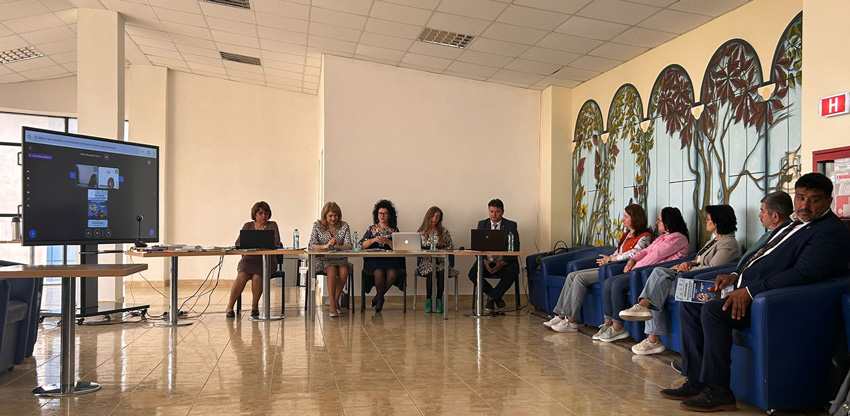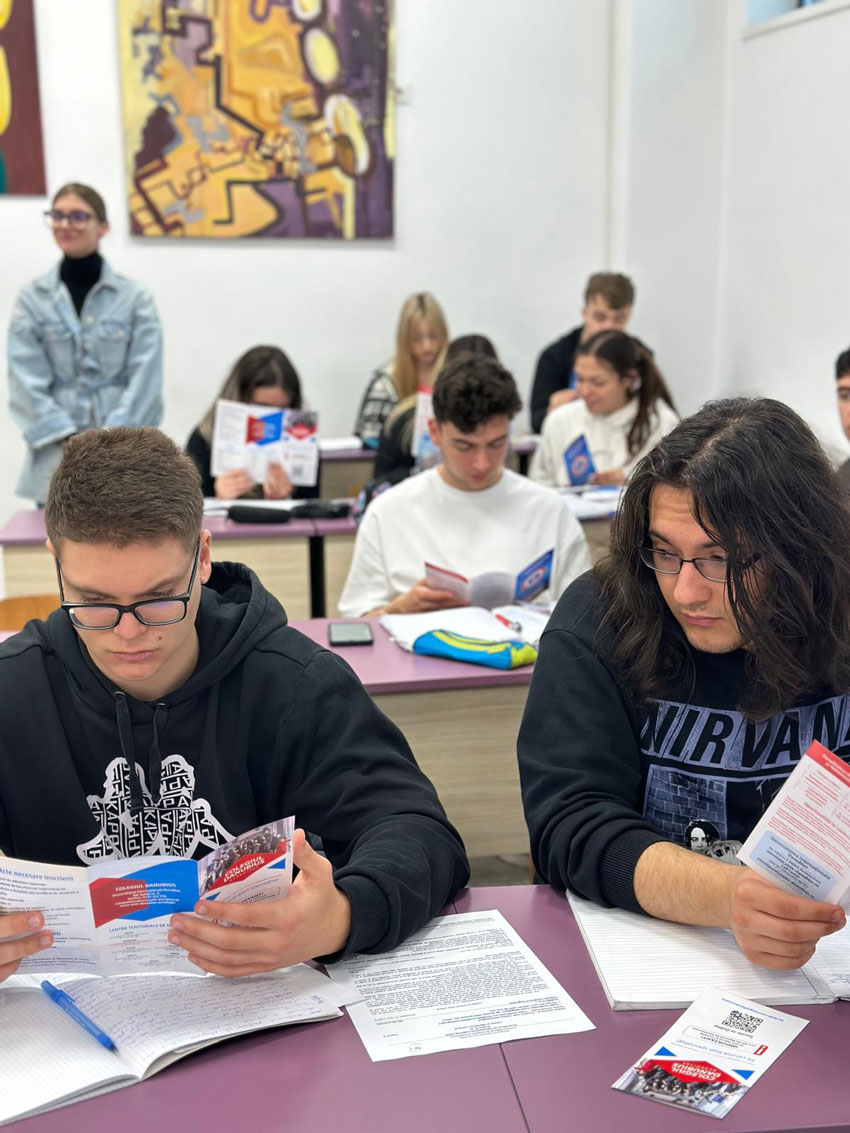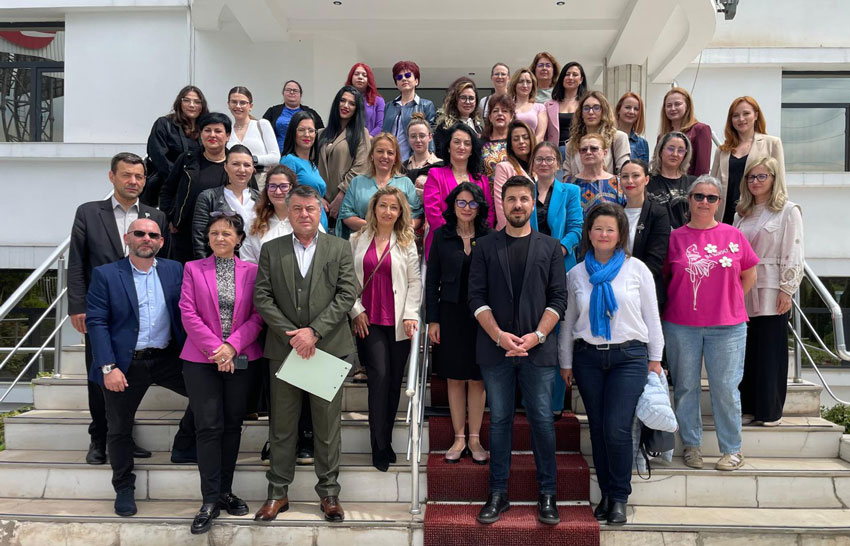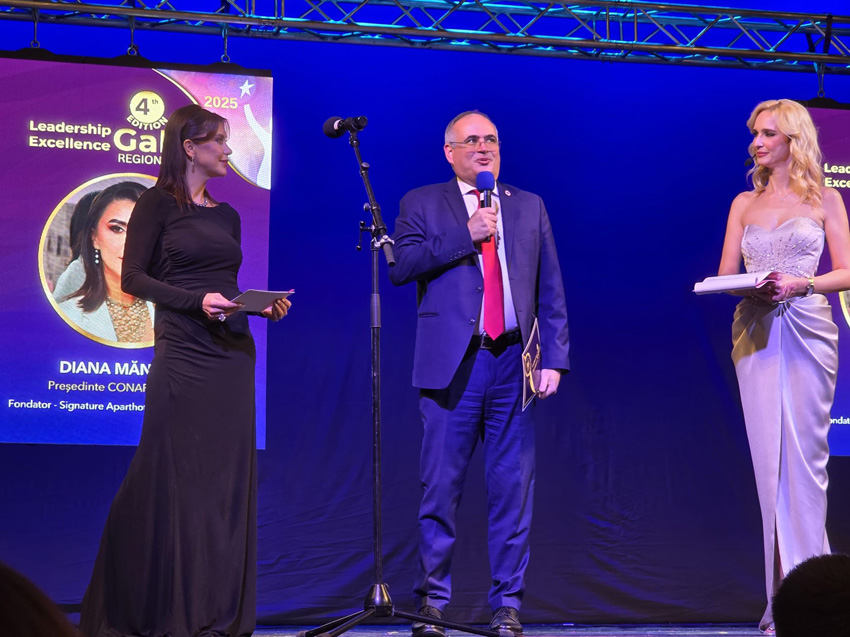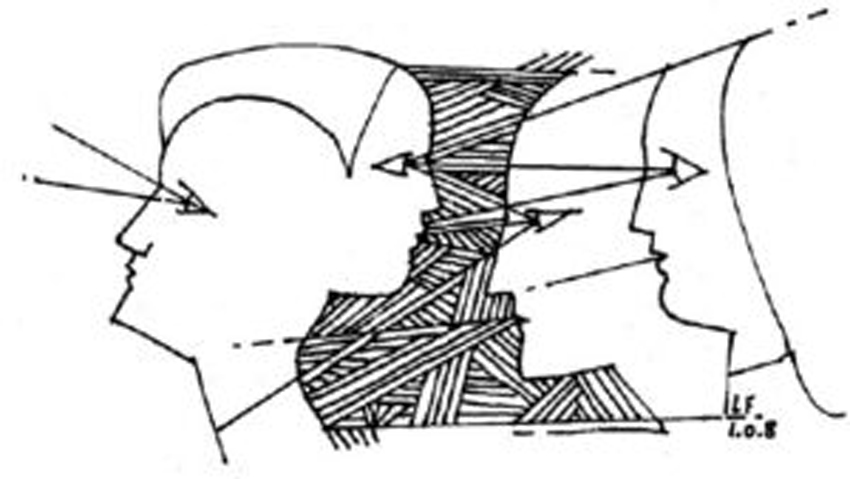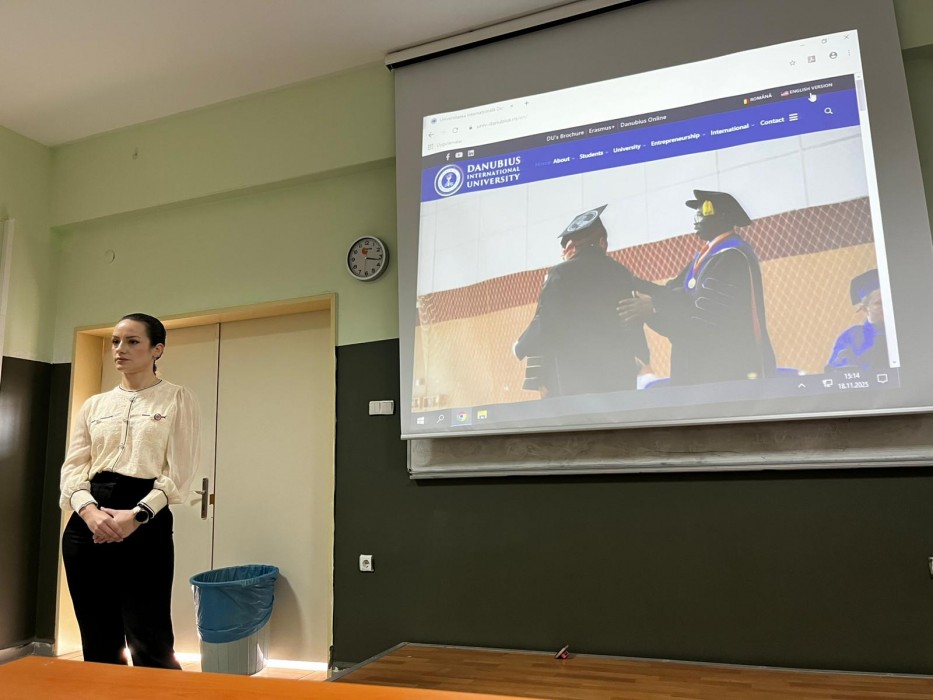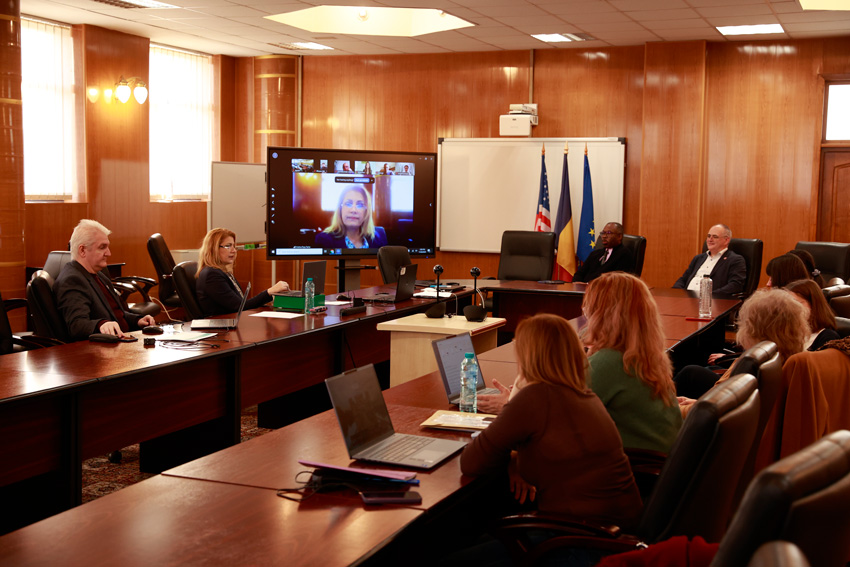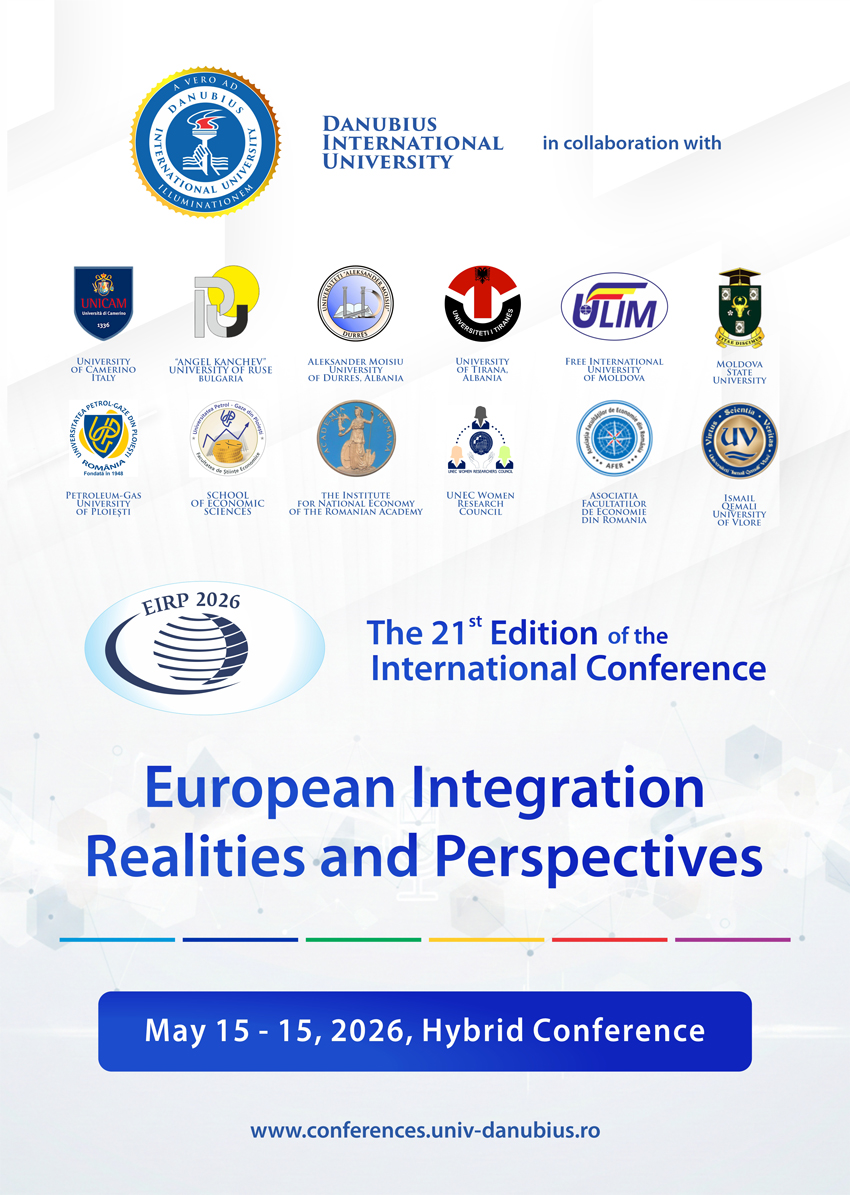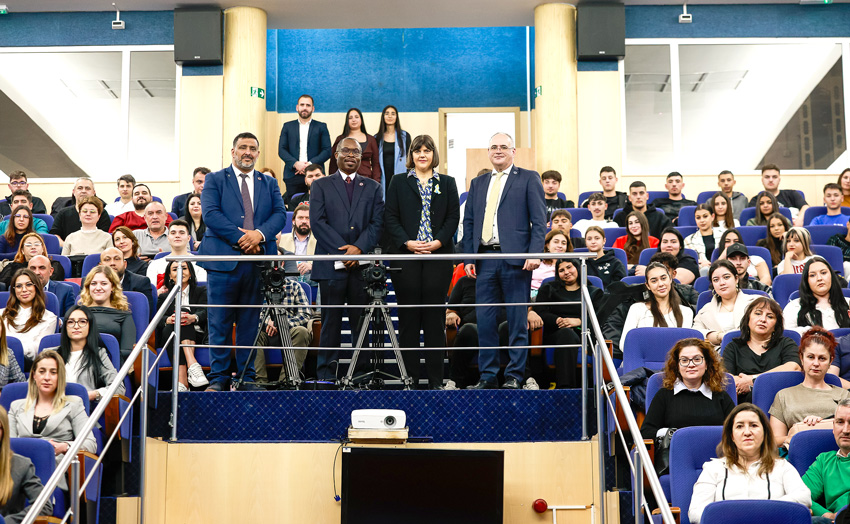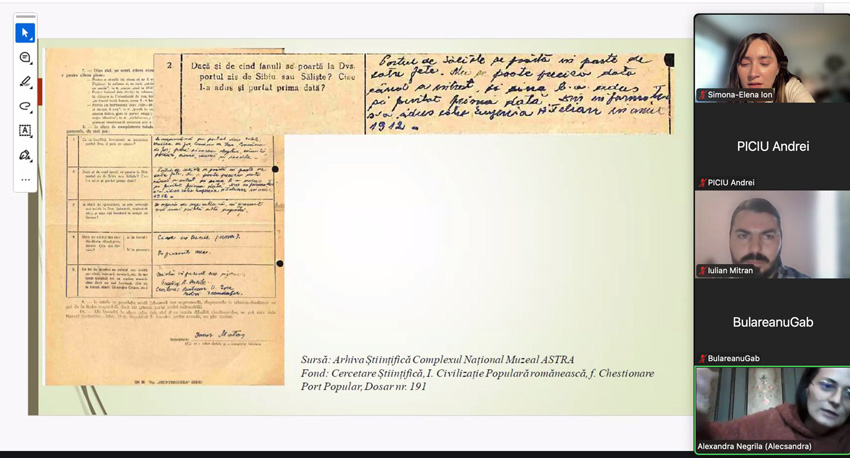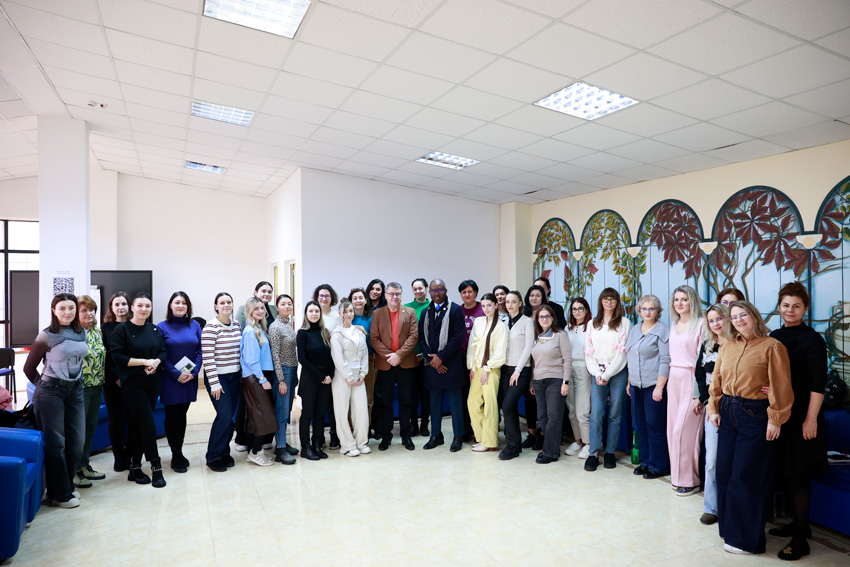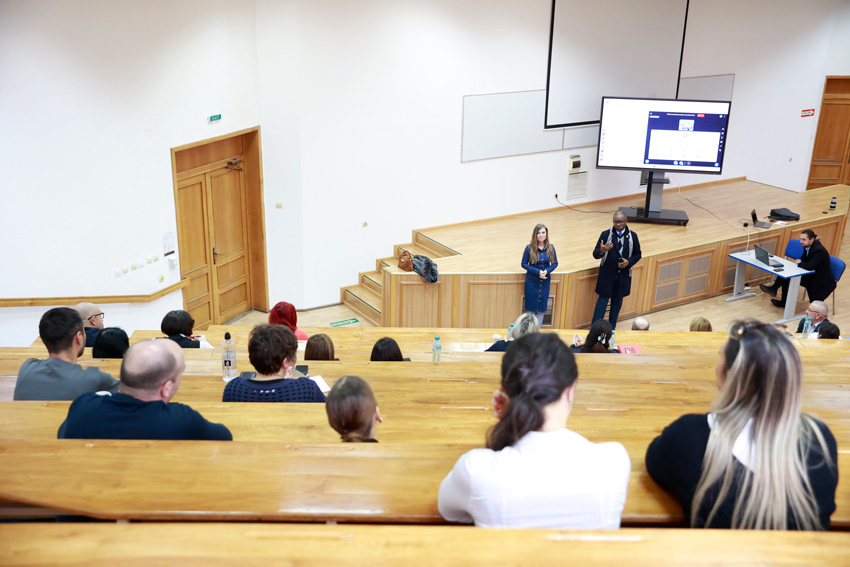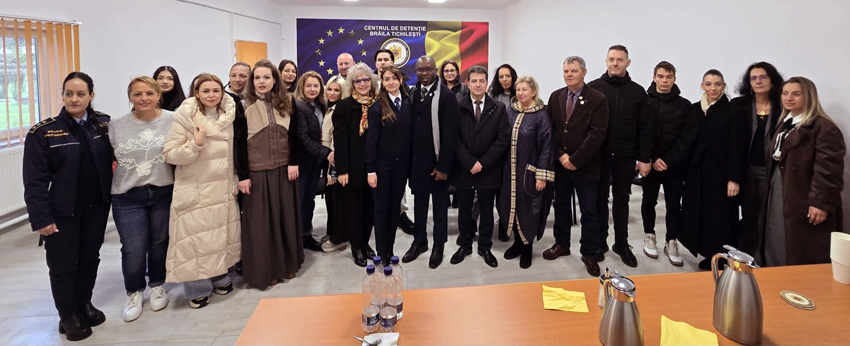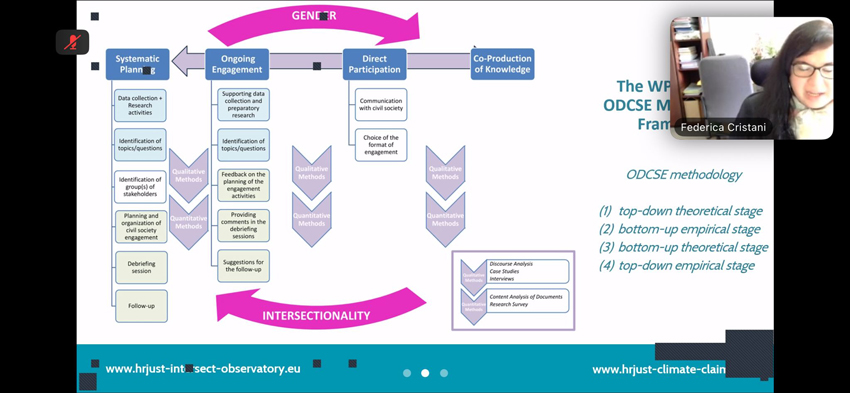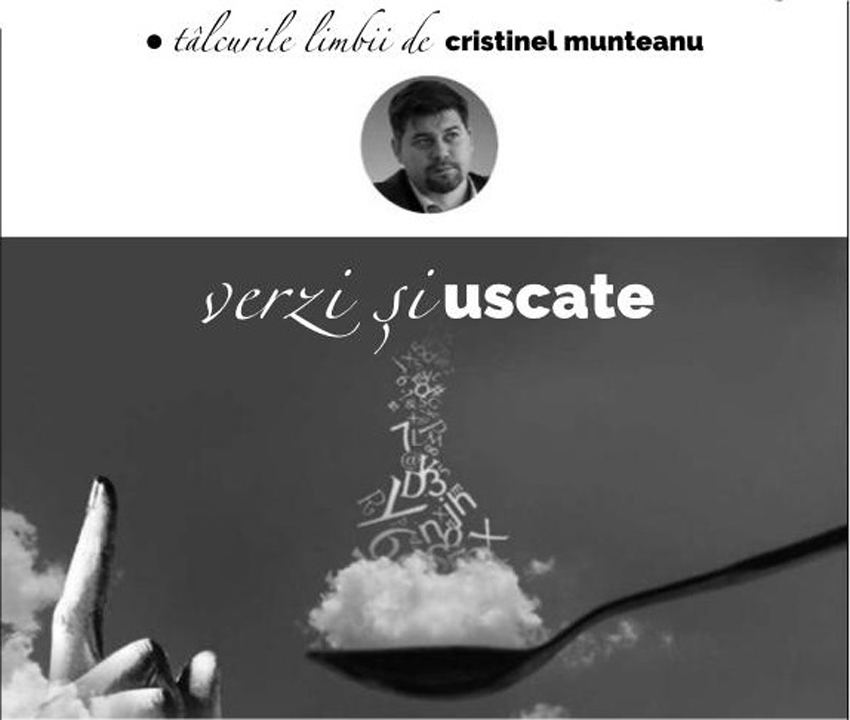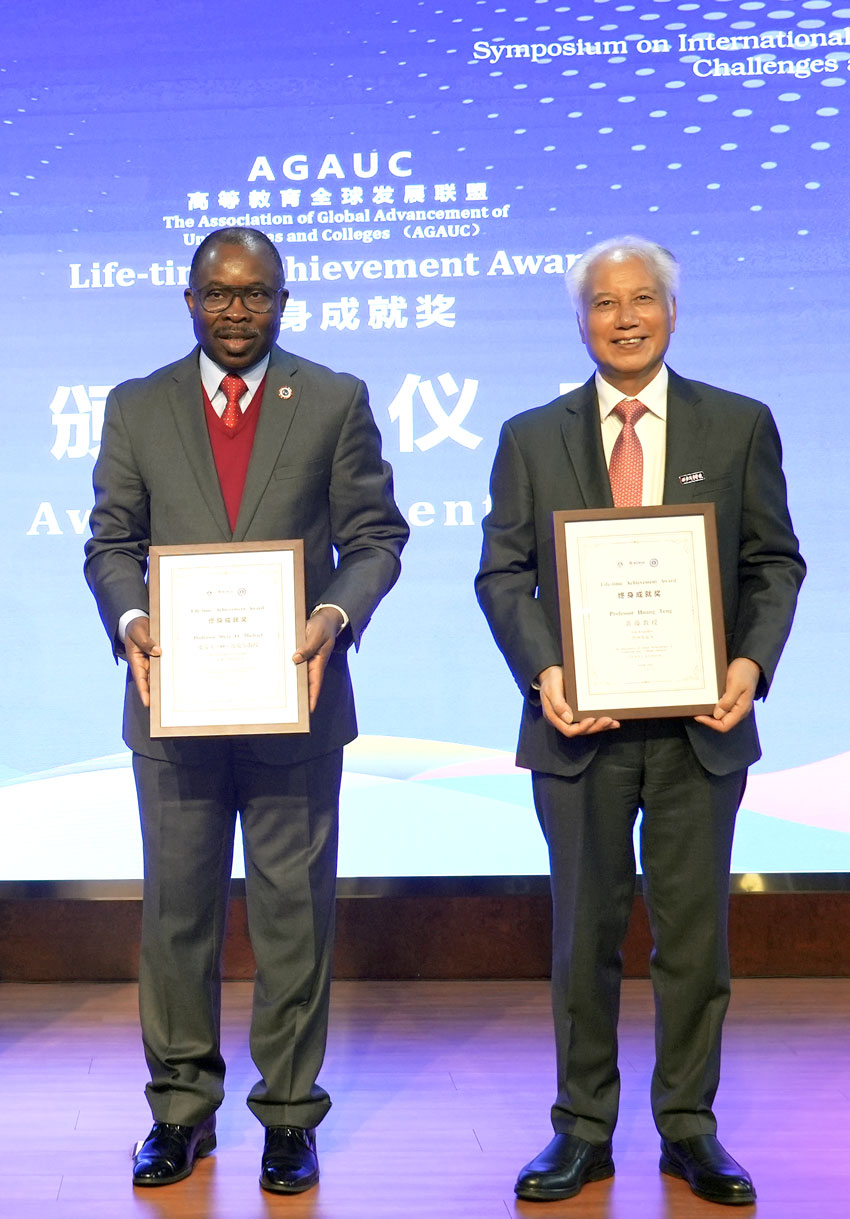Held on May 14, 2025, the National Conference The Crisis of International Humanitarian Law: Theoretical and Practical Developments, organized by the Faculty of Communication and International Relations in collaboration with the Danubian Center for Studies and Research and the Center for Career Counseling and Guidance within Danubius International University, brought together experts, academics, researchers, and students interested in the contemporary challenges facing international humanitarian law. The event, hosted in a hybrid format at the university’s Senior Club, provided a significant platform for the discussion of pressing topics, including the applicability of humanitarian norms in modern conflicts, the role of international organizations, and the impact of technological advancements on legal frameworks.
Participants engaged with a series of rigorous academic presentations accompanied by relevant case studies, highlighting both the limitations and the potential of the current humanitarian protection system amidst global crises. The exchange of ideas between professionals and emerging scholars contributed to a deeper understanding of the complexity of the phenomena addressed, emphasizing the necessity for an interdisciplinary approach to the interpretation and implementation of international humanitarian law. The conference concluded with valuable insights concerning the adaptation of the legal framework to new geopolitical and technological realities, marking an important moment in the Romanian academic discourse on the subject.
Claudia Ștefania Marghiru
 ROMÂNĂ
ROMÂNĂ  ENGLISH VERSION
ENGLISH VERSION 



